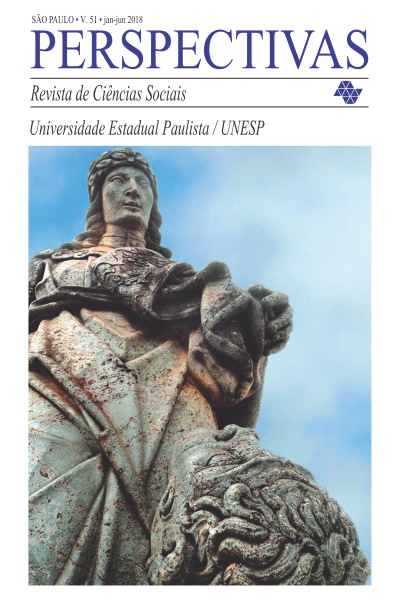Converting debit into credit: the Hamiltonian system and the emergency of a two-party system in United States
Keywords:
Political institutions, Constitutional provisions, American two-party system,Abstract
In this paper, the debate about the fiscal propositions of Alexander Hamilton in 1787 is recalled to analyze the genesis of the bipartisan system in the United States. In the context of Stuart Mill’s question of to what extent forms of government are a matter of choice, it is argued that the political division generated around the dilemma of what the Treasury Department’s attributions should be evolved into structuring a two-party system, showing how the unexpected contingencies and the operationalization of existing laws can mean a mismatch with constitutional provisions. Initially, the policies presented by Hamilton to the First Congress are revisited, regarding its financial program for the public debt and the creation of a National Bank as well, and seek to synthesize the motivations of this legislator in such process. The discussion is further developed by adding domestic and international themes that aggravated the conflict between the groups involved in the US government, leading to the creation of an opposition to the federalists and to what would ultimately be against the norms established by the Constitution and by the conjuncture of the time: the formation of two parties.

